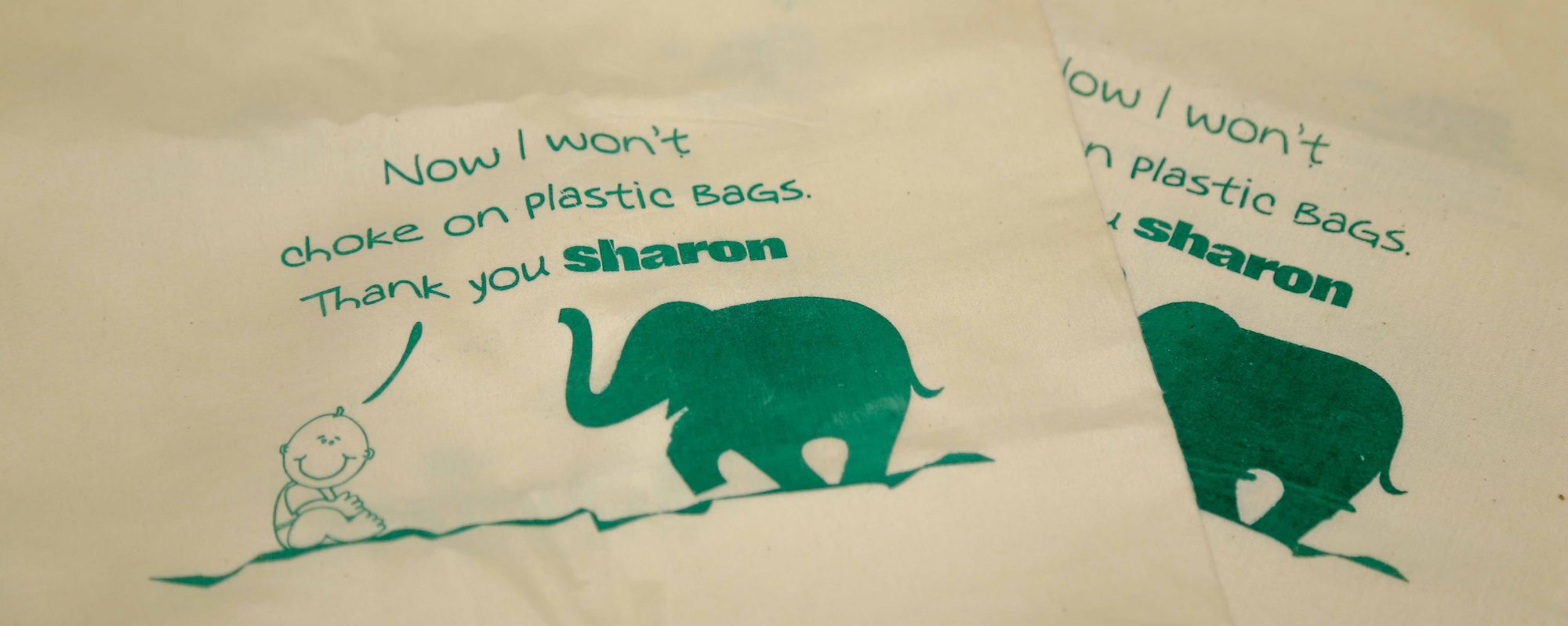Plastic plates, bags, spoons, glasses and other material are readily available in the market. These are economical and easy to use. We all prefer using these use-and-throw utensils during gatherings and parties as it removes the hassle of clearing and cleaning the utensils later. All we need to do is to gather these and throw them away. However, little do we realize that this waste does not go away completely. It continues to remain in the environment and harm us in the long run.
Here are few facts that explain the amount plastic pollution we have caused this environment:
Every year enough is thrown away to circle the world 4 times.

There will be more plastic waste than fish in the ocean by 2050
Think before you drink.
Only 10% of water bottles are recycled. The other 90% wind up in landfills or oceans. Carry your own bottle or make sure you recycle

Up to 12.7 million tonnes of plastic enter our oceans every year

Ways to Beat Plastic Pollution
Plastic pollution, caused due to plastic waste, has reached alarming heights and is increasing rapidly with every passing day. It has become a cause of global concern as it is destroying our beautiful planet and having negative repercussions on all kinds of living beings.
Here are two simple ways to lower plastic pollution that we can practice in our daily life:
Avoid Usage/ Look for Alternatives
The first and the most important step towards beating plastic pollution is to avoid the usage of plastic products.
Now, since we have grown quite accustomed to using plastic products and these are light on our pocket, we cannot avoid their usage completely. However, we can certainly avoid using those plastic products that can easily be replaced with eco-friendly alternatives. For instance, instead of using plastic bags, we can easily opt for a jute, cloth or paper bag when we head for shopping. Likewise, instead of using disposable plastic cutlery and utensils during parties we can use those made of steel, paper or any other material which is reusable or easy to dispose.
Reuse
If you cannot avoid using plastic bags or other products for some reason then it is suggested to at least reuse them as many times as you can before disposing them off. We are in a habit of throwing the plastic bags and containers we get with packed food almost immediately after use even though these can be used a couple of times before disposing off. We should reuse these instead. This can be our contribution towards reducing the plastic waste and bringing down plastic pollution.
It is time for us to stand united to fight this evil called plastic pollution. If each one of us follows the ways to beat plastic pollution shared here then we can certainly bring down the pollution level to a large extent













